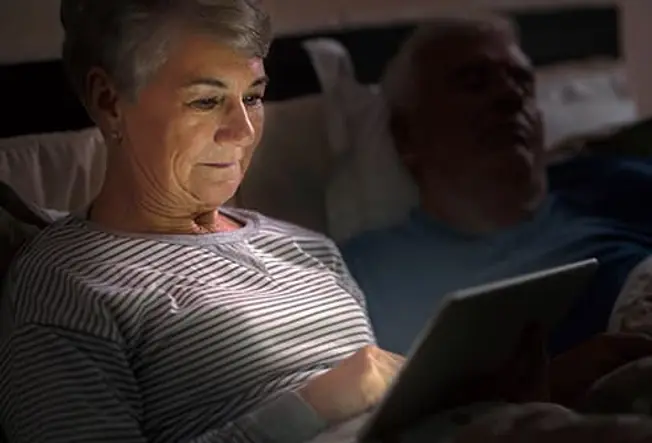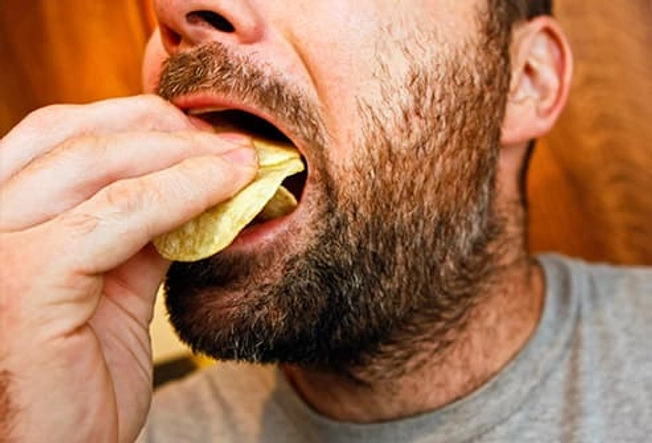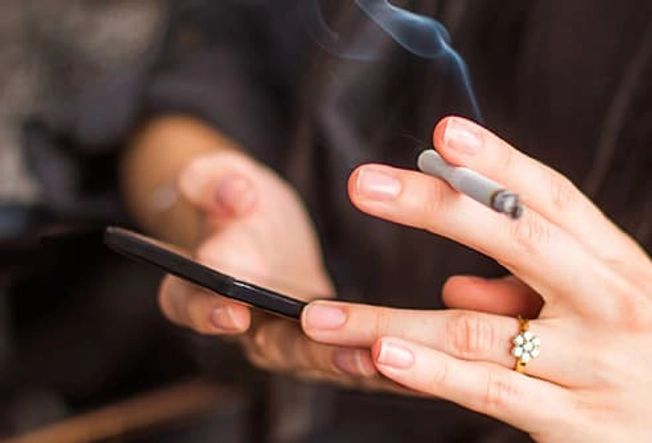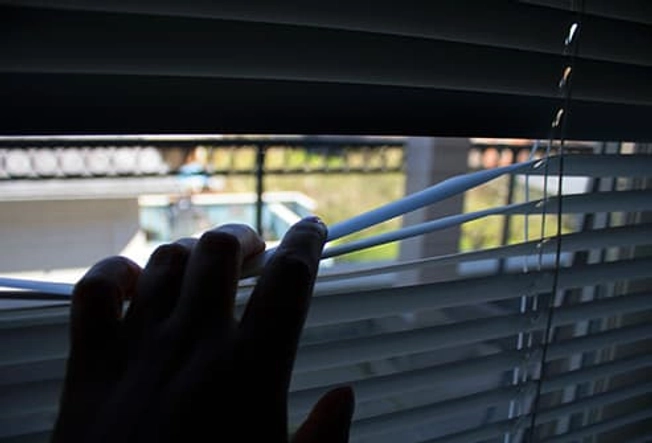- Overview
- Diagnosis & Stages
- Causes & Risks
- Treatment
- Living With
- Complications & Related Conditions
- Caregiving
- Support & Resources
- View Full Guide
Bad Habits That Can Hurt Your Brain


You Miss Out on Sleep
You do a few things you know you shouldn’t -- we all do. But some of those bad habits can take a toll on your brain. For example, lack of sleep may be a cause of dementia, including Alzheimer’s disease. It's best to have regular sleeping hours. If you have trouble with sleep, avoid alcohol, caffeine, and electronics in the evening, and start a soothing bedtime ritual.

You Have Too Much Alone Time
Humans are wired for social contact. It’s not about how many Facebook friends you have -- what matters is a real sense of connection. People who have that with even just a few close friends are happier and more productive. They’re also less likely to suffer from brain decline and Alzheimer’s. If you feel alone, call some friends or start something new -- salsa dancing, tennis, bridge -- that involves other people.

You Eat Too Much Junk Food
Parts of the brain linked to learning, memory, and mental health are smaller in people who have lots of hamburgers, fries, potato chips, and soft drinks in their diet. Berries, whole grains, nuts, and green leafy vegetables, on the other hand, preserve brain function and slow mental decline. So next time you start to reach for a bag of chips, grab a handful of nuts instead.

You Blast Your Headphones
With your earbuds at full volume, you can permanently damage your hearing in only 30 minutes. But it’s not just your ears: Hearing loss in older adults is linked to brain problems, such as Alzheimer’s and loss of brain tissue. This may be because your brain has to work so hard to understand what’s being said around you that it can’t store what you’ve heard into memory. So turn it down -- no louder than 60% of your device’s maximum volume -- and try not to listen for more than a couple of hours at a time.

You Don’t Move Enough
The longer you go without regular exercise, the more likely you are to have dementia. You’re also more likely to get diabetes, heart disease, and high blood pressure -- all of which may be linked to Alzheimer’s. You don’t have to start running marathons -- a half-hour in the garden or a brisk walk around the neighborhood will work. The important thing is to get at least 150 minutes of moderate exercise each week.

You Still Smoke
It can shrink your brain -- and that’s not a good thing. It makes your memory worse and makes you twice as likely to get dementia, including Alzheimer’s. It also causes heart disease, diabetes, stroke, and high blood pressure.

You Overeat
If you eat too much food -- even the right kind of food -- your brain may not be able to build the strong network of connections that help you think and remember. Overeat for too long and you may get dangerously overweight, which can cause heart disease, diabetes, and high blood pressure -- all linked to brain problems and Alzheimer’s.

You Stay in the Dark Too Much
If you don’t get enough natural light, you may get depressed, and that can slow your brain. Research also shows that sunlight helps keep your brain working well.